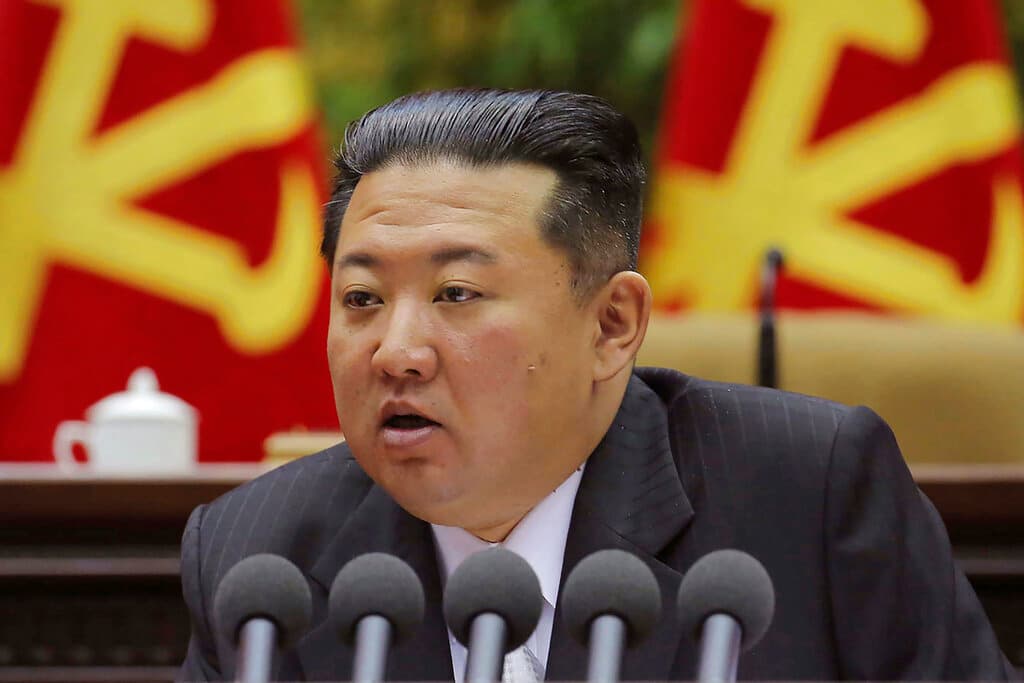North Korea Finds a Market for a Product It Can Produce: Artillery Shells
Guess which country turns out to be the perfect market.

SEOUL — North Korea has found the perfect market for one of the few products that its dilapidated factories are capable of manufacturing at high enough quality for export. The market is Russia and the product is artillery shells, which Russia needs for what has become a long-running, enervating war to take over Ukraine.
Please check your email.
A verification code has been sent to
Didn't get a code? Click to resend.
To continue reading, please select:
Enter your email to read for FREE
Get 1 FREE article
Join the Sun for a PENNY A DAY
$0.01/day for 60 days
Cancel anytime
100% ad free experience
Unlimited article and commenting access
Full annual dues ($120) billed after 60 days

